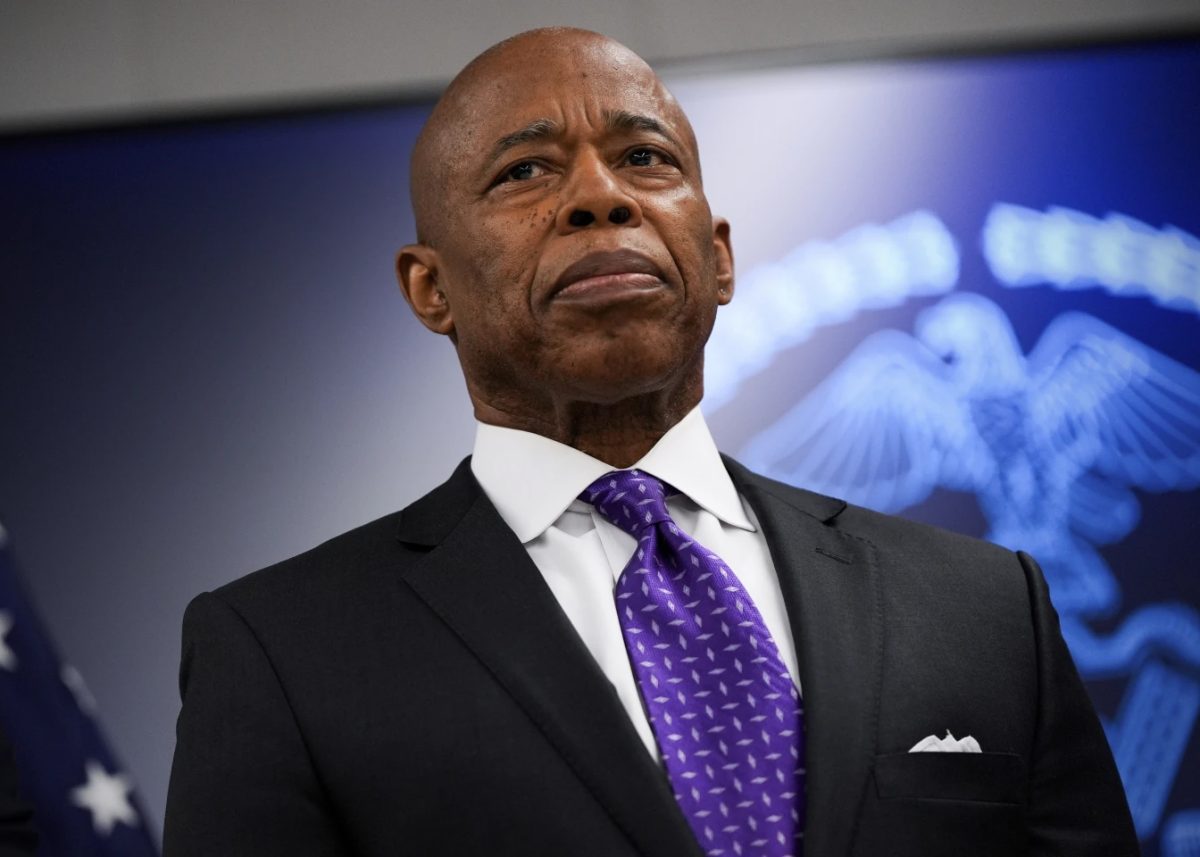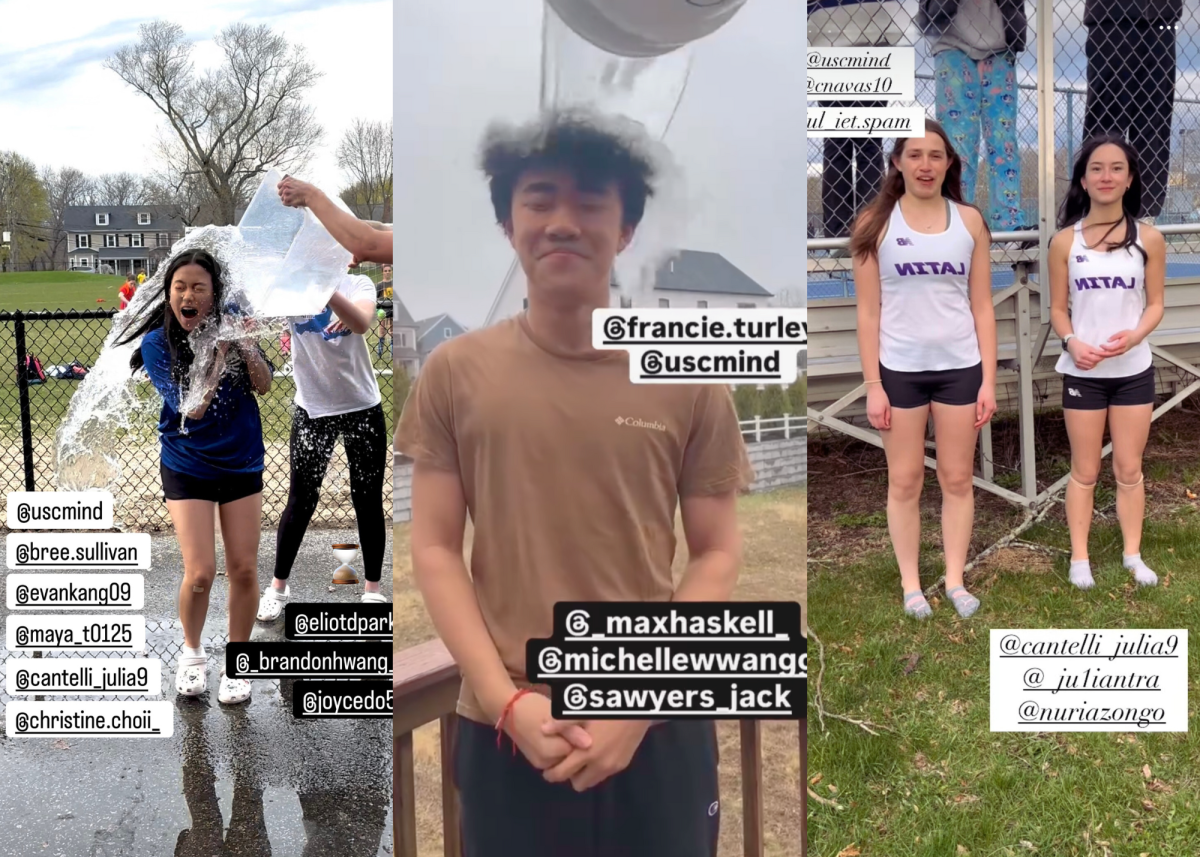New York City Mayor Eric Adams has dominated the news after the Justice Department urged courts to drop the charges of corruption against him. President Donald Trump was convicted of 34 counts of felony in May, only to receive an unconditional discharge of his sentence. Both of these officials are high-ranking and high-profile, and if anything, they should be punished more harshly to discourage politicians from committing crimes. It seems, however, that wealthier officials with high status are often held less accountable for their actions.
The justice system’s role is in its name: administering justice. But this becomes hard to believe when high-profile officials are held to double standards. Citizens elect officials with the expectation that they will do what is best for their constituents and be held accountable if they commit crimes. When they cannot trust the officials they have elected to serve and protect their best interests, citizens lose trust in the government and justice system. If the system does not serve justice for officials, there is no guarantee that it will serve justice for anyone else.
Boston Latin School Voices of the Empowered co-president Alexa Schmitt (I) comments, “I think we put our trust in politicians, […] therefore they’re giving an even stronger promise.” Schmitt argues that politicians should be thinking, “‘I’m going to hold myself accountable, I’m going to do the right thing,’ because they’re not just worried about themselves in that moment; they’re worried about the whole citizen body.”
When people lose trust in the government, it can jeopardize their health and safety. The government provides many important services and resources like healthcare, emergency services and education. If citizens believe their leaders are corrupt or untrustworthy, they might hesitate to rely on these systems, which can have negative impacts on their health and wellbeing. For instance, skepticism towards the government during the COVID-19 pandemic led to some people choosing not to get vaccinated, worsening an already terrible crisis.
This lack of trust also causes citizens’ needs to be unfulfilled. People may feel unheard by their own government, which can cause disengagement: they could stop participating in elections or relying on government assistance, further weakening the systems designed to help and protect them.
Officials’ lack of accountability contributes heavily to citizens’ distrust of the police force. In law enforcement, officers rarely face consequences for misconduct in their jobs. Because of this, many people lose faith in the police after witnessing cases of racial violence or corruption where law enforcement is not held accountable for its actions.
When police forces are exempt from consequences, the public feels more unsafe than protected. People could feel hesitant to report crimes or cooperate in legal investigations, creating unsafe communities. Police serve the public, but without accountability, their authority contributes to a broken system favoring those in power and neglecting the needs of ordinary civilians.
High-profile officials often have more wealth or influence, leading their experiences to be more prevalent in people’s minds and featured in the media. When these officials are not punished strongly enough, the public therefore tends to lose greater trust in the government than if a normal citizen is let off the hook. Michael Besson (I) argues that their immense influence and power should lead high-profile officials to be treated more harshly by the justice system: “Our current justice system is ineffective since public officials can buy their way out of jail. Their status should make sure they are given harsher sentences to prevent them from abusing their power.”
Lax punishment for officials sets a dangerous precedent. Leniency shown towards corruption by the justice system encourages other officials to act in similar ways. Rather than doing what is best for their constituents, officials may focus on gaining personal power, increasing the lack of public trust. People will be unsure if officials are actually working for their interests or if they are more interested in obtaining prestige and reduced crime sentences.
While this may seem like a national issue, it also matters for students. BLS history teacher Ms. Ashley Balbian explains, “Students should be concerned as they are about to be citizens with full responsibilities [like voting].” In a few years, current students will vote for officials and trust them to act in good faith. It is important for students to be aware of current cases of corrupt officials being treated too leniently, so that they will critique unjust decisions in the future.
This is also important for the city of Boston. Tania Fernandez Anderson, a Boston City Council member, is currently accused of a kickback scheme. While her trial is yet to conclude, her constituents are left to wonder whether or not justice will be served. From Councilor Chuck Turner, who was involved in a bribery case, to officers in the Karen Read investigation, who have been accused of misconduct, Massachusetts has seen many officials both accused and convicted of the greatest crime: betraying citizens’ trust. Right now, justice seems more important than ever.
Categories:
Hold Our Officials Accountable!
By Ellie Fung (IV) & Hiba El Fatihi (III), Staff Writer and Contributing Writer
March 26, 2025
The Justice Department urges courts to drop charges against Adams. (Source: Julia Memaree Nikhinson)
0








